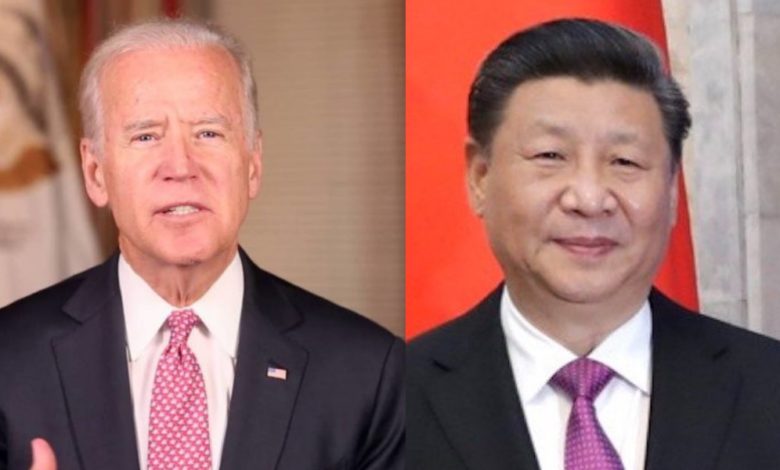Biden heads to G20 in New Delhi ready to counter Xi’s Belt and Road Initiative

Shipping from India to Europe via the Middle East could be in for the greatest shake-up for generations if president Joe Biden gets his way.
Headed to New Delhi for the G20 summit this weekend, the Biden administration has held discussions with India, Saudi Arabia and the United Arab Emirates to develop a new intermodal link from South Asia through the Middle East and into Europe with billions of dollars set to be spent on rail and ports in an alternative vision to Chinese president Xi Jinping’s 10-year-old Belt and Road Initiative (BRI), an ambitious infrastructure project yoking China with countries around the world, which has run into difficulties of late.
The concept of the new transport corridor under discussion – and potentially set to be revealed this weekend – involves ship transit between India and Saudi Arabia, then trains through Saudi Arabia and the UAE, likely to Jordan, then ship transit to Turkey and onward from there by train, according to a report first published by Axios, an American news website, and since corroborated by multiple newswires. Negotiations are ongoing and there is speculation that Israel could be added to the transport corridor.
White House national security adviser Jake Sullivan said Thursday that he could not confirm the infrastructure deal would be announced at the G20. Still, he said the initiative is something “that we’ve invested effort into with our partners.”
“We believe that connectivity from India across the Middle East to Europe is incredibly important and would bring a significant number of economic benefits, as well as strategic benefits, to all of the countries involved,” he told reporters accompanying Biden aboard Air Force One.
Italy has made headlines in recent weeks by becoming one of the larger economies to step back from the embrace of China’s BRI; the nation’s defence minister describing the 2019 decision to join the modern Silk Road initiative as “atrocious”. Other nations in Asia and Africa are also having second thoughts on the advances made by Beijing.
President Xi is not expected to attend the G20 summit this weekend.

How to say in Italian, parole, parole and parole.
United States with a deficit of 1 trillion dollars, will they be able to carry out a project of this magnitude? In addition to spending 100 million dollars a day in Ukraine, in a useless war that ended up reviving Russia’s economy. Are they going to do it with money they take from the Chinese?
The Italians developed in the Middle Ages trading with China, their port nations brought modernity to a feudal and backward Europe. They brought the inventions, which were Chinese and became Italian, in the hands of Leonardo da Vinci. The “Italian pasta” is a Chinese invention. If they want to relinquish this strategic advantage as they seem to be doing” another Mediterranean country will, the potential candidate is Turkey, famous for its political duality. Light a candle for God and another for the Devil.
This is quite a project! Sea – rail – sea? Surely it makes more sense to build a railway from the UAE through to Europe via Turkey, rather than transship twice? But there are problems with Syria and with Iraq.